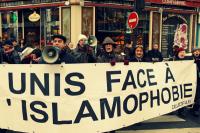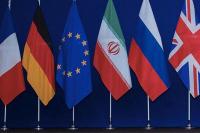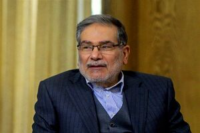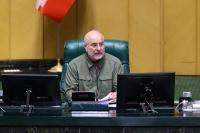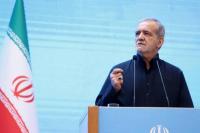
The State Supreme Court Justice Milton Tingling described the regulation as "arbitrary and capricious" on Monday, declaring it as invalid after the American Beverage Association (ABA) and other business groups challenged the ban, Aljazeera reported.
Tingling said that the loopholes of the law contradicted its purpose.
However, Michael Bloomberg, mayor of New York City, said that the city will appeal the judge's ruling on the law, which prohibits the sale of soda and other sugary beverages in containers bigger than 16 ounces.
"We think the judge is totally in error in the way he interpreted the law and we are very confident that we will win on appeal," Bloomberg said.
The New York City mayor had spearheaded the ban as a way to tackle rising obesity in the city.
Bloomberg has made health issues a key plank of his administration, banning smoking in restaurants, bars and other public places.
"I am trying to do what is right to save lives. Obesity kills," Bloomberg told reporters.
"Sugary drinks are a leading cause of obesity. We have a responsibility as human beings to do something, to save each other," he added.
But Bloomberg's super-sized soda ban, which would have been a first for a US city, sparked frenzied debate, with petitions and media campaigns from both sides.
Some supported Bloomberg's arguments, emphasizing that 30 years ago the average soda serving was just six ounces, but that these days, it's not rare to see young Americans with giant fizzy drinks of more than a liter (33 ounces).
Industry lobby groups led by the ABA and the National Restaurant Association, which had taken the court action that led to Monday's judgment, praised the decision.
"The court ruling provides a sigh of relief to New Yorkers and thousands of small businesses in New York City that would have been harmed by this arbitrary and unpopular ban," the ABA said in a statement.



